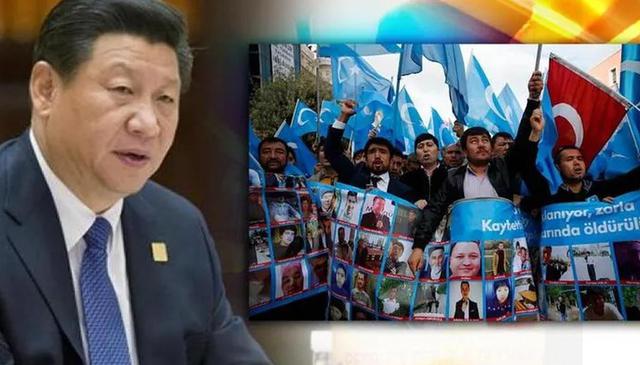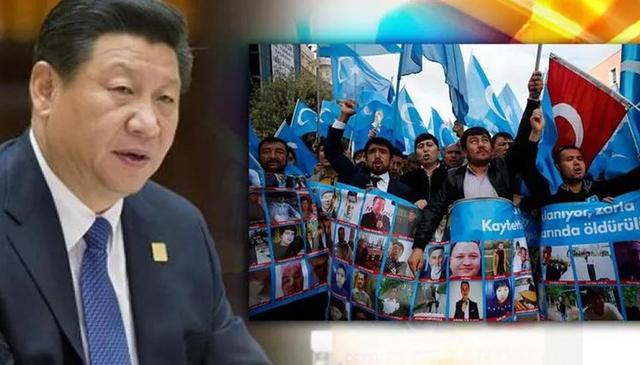Human rights violations in Xinjiang: Much-awaited UN report exposes China; key points here
The human rights violations in China’s Xinjiang Uyghur Autonomous Region were exposed in a report issued by Office of the UN High Commissioner for Human Rights.

The human rights violations in China’s Xinjiang Uyghur Autonomous Region (XUAR) were exposed in a key report released by the Office of the UN High Commissioner for Human Rights on Wednesday. While XUAR covers one-sixth of Chinese territory and is rich in natural resources, the assessment was initiated after allegations of human rights violations against Uyghurs were brought to the attention of the OHCHR since 2017.
Its 46-page report explored a number of aspects such as its counter-terrorism strategy, arbitrary detention of individuals and discrimination against Muslims and issued a slew of recommendations.
The UN report’s key findings
Serious human rights violations have been committed in XUAR in the context of China’s application of counter-terrorism and counter-extremism strategies.
The domestic anti-terrorism legal system contains vague and open-ended concepts which help officials exercise broad investigative, preventive and coercive powers.
This has led to the large-scale arbitrary deprivation of liberty of members of Uyghur and other predominantly Muslim communities in the so-called Vocational and Educational Training Centres at least between 2017 and 2019.
The VETCs are characterized by torture, ill-treatment including forced medical treatment, adverse conditions of detention, gender and sexual-based violence.
There are undue restrictions on religious identity and expression, the right to privacy and the movement of Muslims.
There is a violation of reproductive rights through the coercive and discriminatory enforcement of family control and birth control policies.
These policies have caused suffering to the Uyghur, Kazakh and other predominantly Muslim communities, exacerbated by intimidation and threats to members of the diaspora speaking about experiences in XUAR.
Here are the recommendations for China:
Take prompt steps to release all individuals arbitrarily deprived of their liberty whether in VETCs, prisons, or other detention policies.
Clarify the whereabouts of persons whose families have been seeking information about their loved ones.
Undertake a full review of the legal framework governing national security, counter-terrorism and minority rights in XUAR
.
Repeal all discriminatory laws, policies and practices against Uyghur and other predominantly Muslim communities.
Investigate all allegations of human rights violations in VETCs and other detention facilities.
Ensure that surveillance both online and offline comply with strict tests of legality, necessity, and proportionality.
Provide adequate remedy and reparation for victims of human rights violations.
Clarify the reports of destruction of mosques, shrines and cemeteries and suspend all such activities in the meantime.
Immediately cease intimidation and reprisal against Uyghur and other predominantly Muslim communities abroad in connection with their advocacy and their family members in XUAR.



